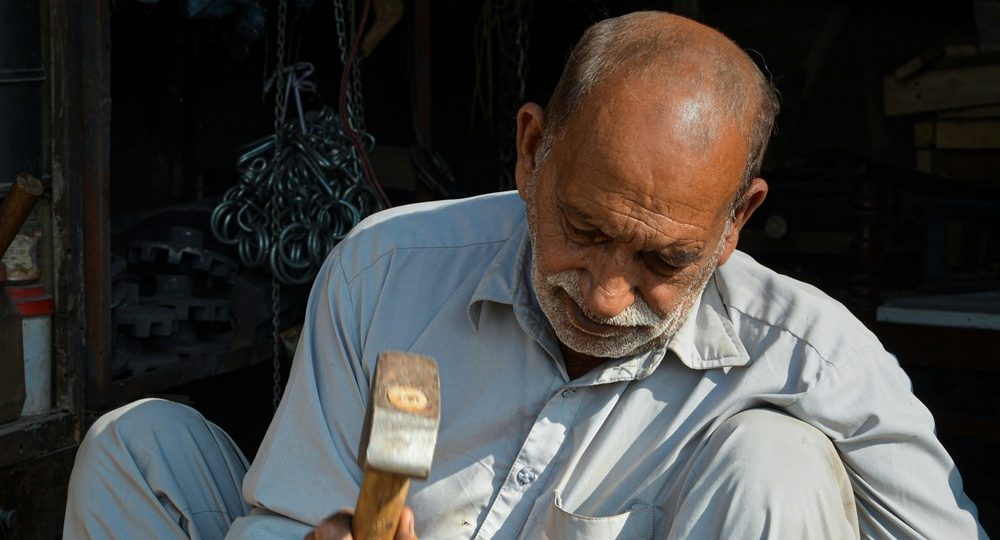This project aimed to establish proof of concept regarding the feasibility and utility of conducting robust economic censuses in Pakistan’s cities and exploring and documenting clusters of economic activity within Peshawar’s historic inner-city (focusing both on sectoral/industrial composition of businesses and the supply/demand for skilled labor).
In the absence of any current and reliable datasets on urban spatial form and patterns of economic activity within them, Pakistan’s policymakers are making decisions on the basis of at best incomplete and at worse misleading information. Major public investments, e.g., bus rapid transit systems, are planned and implemented without any concrete understanding of the demand and supply of trips in key urban job markets. The report suggests that if policymakers take underlying economic factors into account, future project planning could enhance productivity in cities across Pakistan.
This study was funded by the International Growth Centre (IGC) in 2018.








